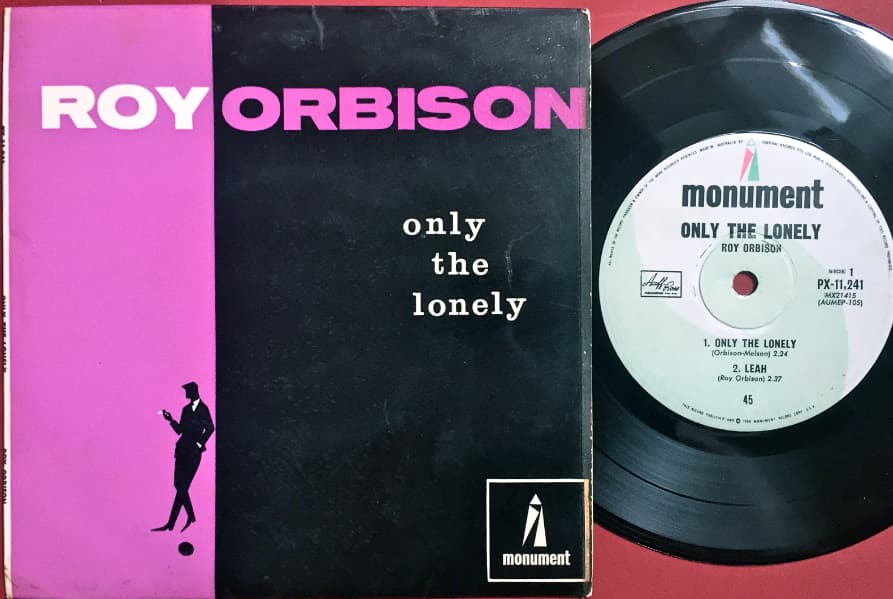
In the shadows of Nashville during the late 1950s, a small apartment became the incubator for one of the most heart-rending ballads of all time. Roy Orbison, living modestly with his wife and baby, found solace not in a cozy room, but in his car — a refuge where immortal songs were born. It was in this very solitude that a knock on the car window changed music history forever.
Joe Melson, a rockabilly singer and songwriter, appeared at that window and sparked a powerful collaboration. Together, they crafted a string of unforgettable hits, including “Uptown”, “Come Back to Me (My Love),” and “Twenty-Two Days,” all making their way to Orbison’s landmark 1961 album, Lonely and Blue. Yet, it was the haunting opening track that defined an era: “Only the Lonely (Know The Way I Feel)”.
Initially, the legendary Elvis Presley and the Everly Brothers rejected the song — a decision that could have sent this masterpiece into oblivion. However, the Everly Brothers recommended Orbison himself record it, a fateful advice that led to the single skyrocketing to No. 2 on the Billboard pop chart and making waves on the R&B chart at No. 14. A stunning success, this song became Orbison’s breakthrough.
Elvis Presley, who once turned it down, was later seen buying crates of the single, eagerly passing it to his friends and proclaiming Orbison as “quite simply, the greatest singer in the world” during a breathtaking Las Vegas show in 1976. The irony and intensity of this praise only deepened Orbison’s legend.
Despite the painful theme, Orbison revealed in a 1980 interview that his saddest songs were paradoxically written in the most contented moments of his life, debunking the myth that tragedy alone breeds creativity. For Melson, the song’s sorrow traces back to raw teenage heartbreak—his muse fleeing in a Cadillac, sparking those soul-stirring lyrics.
Orbison confessed, “I couldn’t eat, couldn’t sleep, I certainly couldn’t write a song” in unhappy times. Yet when contented, he penned the timeless hits that resonate deeply decades later.
The lyrics echo with aching truths: only the lonely know the pain, the silent cries, and the shattered hearts left behind. This poignant ballad, layered with those iconic dum-dumb-dummy doo-wah refrains, immortalizes the solitary anguish we all dread.
As Orbison’s voice soars through the melody, listeners are drawn into a world of yearning and regret—a timeless reminder that some souls are forever marked by loneliness. The tale of “Only the Lonely” is not just a story of a song, but a raw human saga intertwined with fame, heartbreak, and unexpected triumph in the heart of Nashville’s music scene.